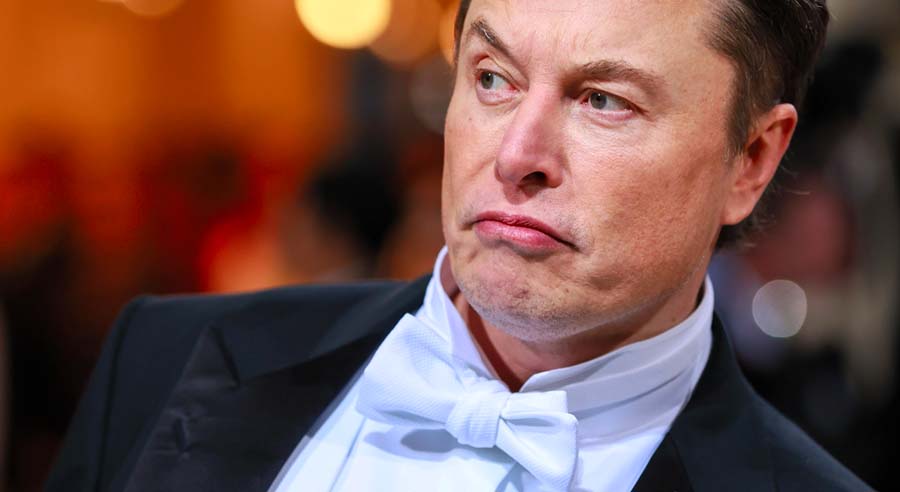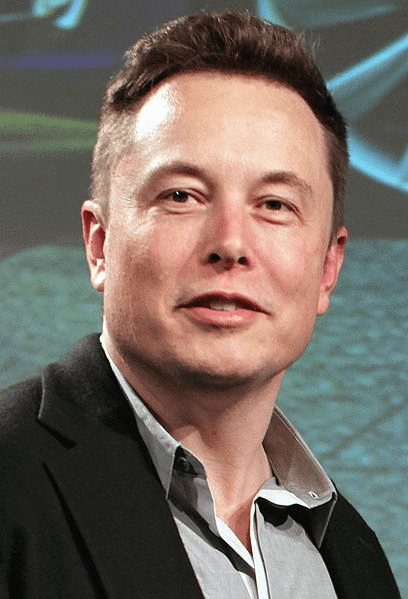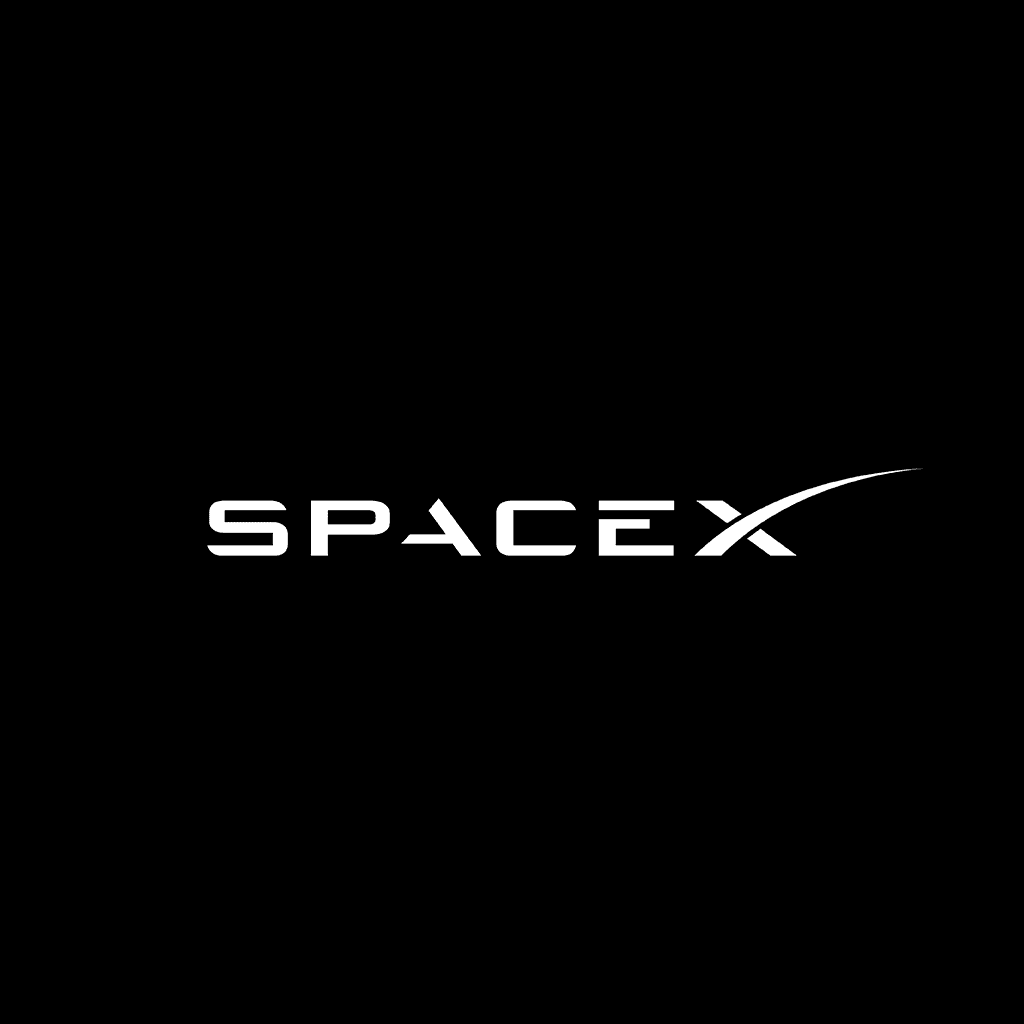Elon Musk’s Favourite Interview Questions With Sample Answers
Telsa on it's own gets over 3 million job applications per year, so if you're applying - you best be prepared. In this post we discuss some of the questions you could expect when interview at one of Elon Musk's many companies.

Elon Musk once said, “When something is important enough, you do it even if the odds aren’t in your favour”. And considering that Tesla received 3 million applications in 2021 alone, that quote might feel relevant to you in your search for a job at SpaceX or Tesla!
The Tesla and SpaceX hiring process is notorious for being very thorough, and in the past Elon Musk himself demanded to interview each candidate before they were approved. You’re not guaranteed to cross paths with Musk in the interview process anymore, but you will still meet his questions. So if you’re looking for an answer to Elon Musk’s questions, look no further.
In this article we will dive into some of Elon Musk’s favourite interview questions, and how you could answer them.
What Elon Musk Is Looking for in Your Answers
Tesla and SpaceX are doing things that haven’t been done before so they are encountering problems that have never been faced before. You cannot look to previous experience of solving the problem when hiring candidates in this situation. So Elon Musk and his hiring managers have to look for other things:
- Excellence - how do you think and solve problems?
- Comfort under pressure - this does not mean you should not be nervous, but does the pressure make you get flustered?
- How you deal with ambiguity - there will be a lot of ambiguity in your role. Do you have the curiosity to make progress when there is no obvious direction to take?
- Your honesty - are your claims about your track record true?
Elon Musk Interview Questions
Elon Musk is well known for his quirky answers when he appears in interviews. It’s therefore no surprise that the questions that he asks in the interview process for his companies are a little different as well. Here are some of his favourite questions, and how to best answer them.

The Walking Man
According to Musk’s biography writer, Ashlee Vance, this is one of Musk’s favourite questions.
Question
You’re standing on the surface of the Earth. You walk one mile south, one mile west and one mile north. You end up exactly where you started. Where are you?
Solution
One possible correct answer is ‘the North Pole’, but Elon’s follow up to the question is always, where else could it be?
The short answer is ‘near the South Pole’. Because there are infinite points on a circle, there are infinite points you could be if you satisfy certain conditions. Imagine a circle around the South Pole. It does not even need to have the South Pole in its centre. The South Pole just needs to be inside it. Secondly, the circle’s circumference needs to be one mile in circumference.
Now, if you start one mile north, you walk south one mile until you reach the edge of the circle. You walk west along the circumference of the circle for one mile and return to where you reached the circle. Now, walk north one mile and you return to your initial starting point.
Musk is keen on people solving difficult technical challenges. Questions like this test your ability to do so under pressure and are simple enough to clearly show your thought habits and processes.
Spotting a Liar
At the World Government Summit, Musk revealed that he asks this question to interviewees to determine how honest they are with him.
Question
Tell me about one of the most difficult problems you’ve worked on and how you solved it.
Solution
The reason why Musk says that this question shows him who is being honest, is because someone who was truly integral in the solution of a problem will know all the fine details about it, and be able to explain to him at length what the thinking was during the process.
In order to answer questions like this in a concise and confident way, use the STAR method which stands for:
Would you like a 4 day work week?
Situation
Explain the difficult problem in detail. Explain the history of the job or project, and how the problem arose. Describe why it was a problem for you or for your company, and why you were responsible for resolving the problem.
Task
Discuss in detail the tasks that you were a part of or responsible for. What did they involve? What was required of you? What responsibilities did you have? This is where you will have information that others who were less integral to the process would not have.
Action
Explain what actions you took regarding the situation. You can discuss the steps or actions that you took, but it’s also important to describe what you were thinking during the process, and why you made the decisions that you made. What were the trade offs? What was the decision environment at the time, e.g. what did you not know then that would have helped you decide? How did you arrive at your decision without that information?
Results
What were the results of your actions? Were you successful? Explain how the success was measured, and what the ongoing effects of the outcome meant for you.
The STAR method is brilliant at showing your reasoning as well as packaging your experience up into a story. If you master the STAR method while preparing for your Tesla or SpaceX application, it will open you up to all types of other opportunities.
Discussing What You’ve Learned
While it’s great to talk about your achievements and high points, you may also need to discuss your failures or areas where you could improve.
Question
Walk me through the process of something you designed. Now, if you were to do it all again, what would you change?
Solution
The key to answering this question is picking a problem with as much technical difficulty and complexity that you have designed a solution for as you can think of. Explain this in detail. Then show the different potential paths you could have pursued to solve it and why you chose the solution you chose.
To earn extra credit, share the insights you gained while working on the problem and how your approach to the entire issue would change now that you've experienced the whole process.
You may feel hesitant to discuss areas where you have failed or could improve, but interviewers love to hear about it (within reason)! Answering this question shows that you are able to critically assess your own work and seek out improvement, which is a sought after skill.
As with the purpose of the ‘spotting a liar’ question above, this Elon Musk question is designed to give you the opportunity to display how deeply you think about problems, how you approach problems and what you’ve learned from a real-life problem.
A rock on a boat
This is reportedly one of the Elon Musk questions asked in SpaceX interviews.

Question
You're on a small row boat in a lake with a rock in the boat. You throw the rock overboard. Does the water level in the lake rise or fall?
Solution
This is a fun brain teaser. Of course, the boat is lighter without the stone in the boat so will float higher in the lake. This indicates the water will rise. However, the lake is more full of stuff so will the water rise?
The answer is the water will rise. The reason is this. When the rock is in the boat it displaces the water according to its weight. When it is tossed into the lake, however, it displaces the water according to its volume.
Why Us?
This question is a very valuable, but very misunderstood question!
Question
Why would you like to work for us?
Solution
Often, when people hear this question, they assume the interviewer simply wants the interviewee to compliment the company and express admiration for being a sought-after employer.
However, this can also be a great chance to demonstrate your thorough research on the company and the position.
By showcasing your knowledge of the company, its values, and culture, you can emphasize the significance of these aspects in your life and explain why they make you an ideal candidate for the role.
But it’s not just Elon Musk and his companies you should research. To deliver value in your role, you need to research and understand the problems they are dealing with. Find out as much as possible about what the companies are working on and what problems they are encountering. Take the initiative in the interview to demonstrate you have done your research on these issues and discuss what you would do to help solve the problems.
Practice makes perfect
Given that you know Musk is looking for excellence, comfort under pressure, how you deal with ambiguity and whether you really were technically involved in delivering the results you mention in your application, your job is a lot easier.
You can drastically improve your answers through a mix of preparing and rehearsing your answers to behavioural questions and practising answering brain teasers.
And if you're on the job hunt, why not apply to work at a company that has a 4 Day Week (32hrs)? Our job board only lists jobs with a 4 day work week.